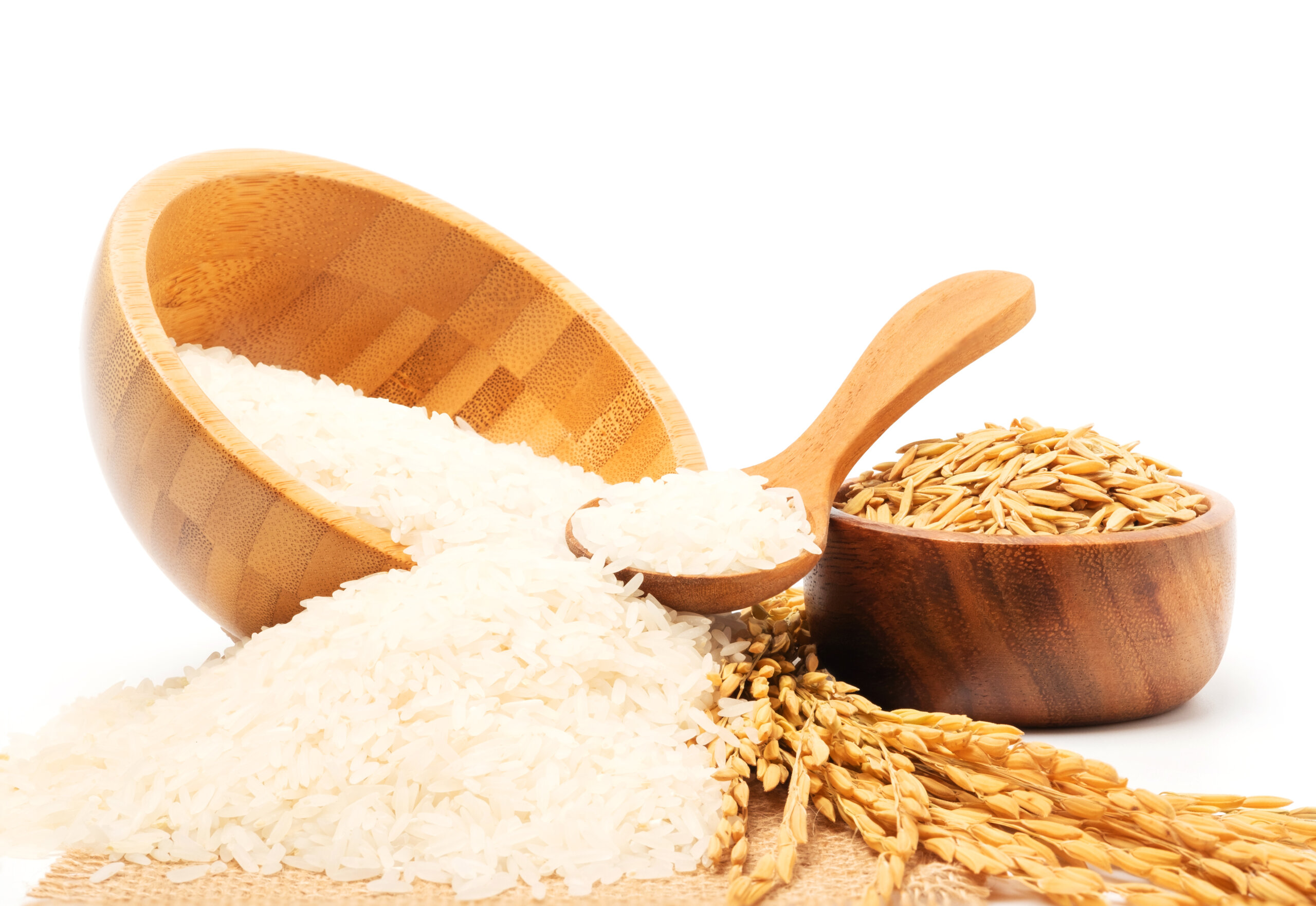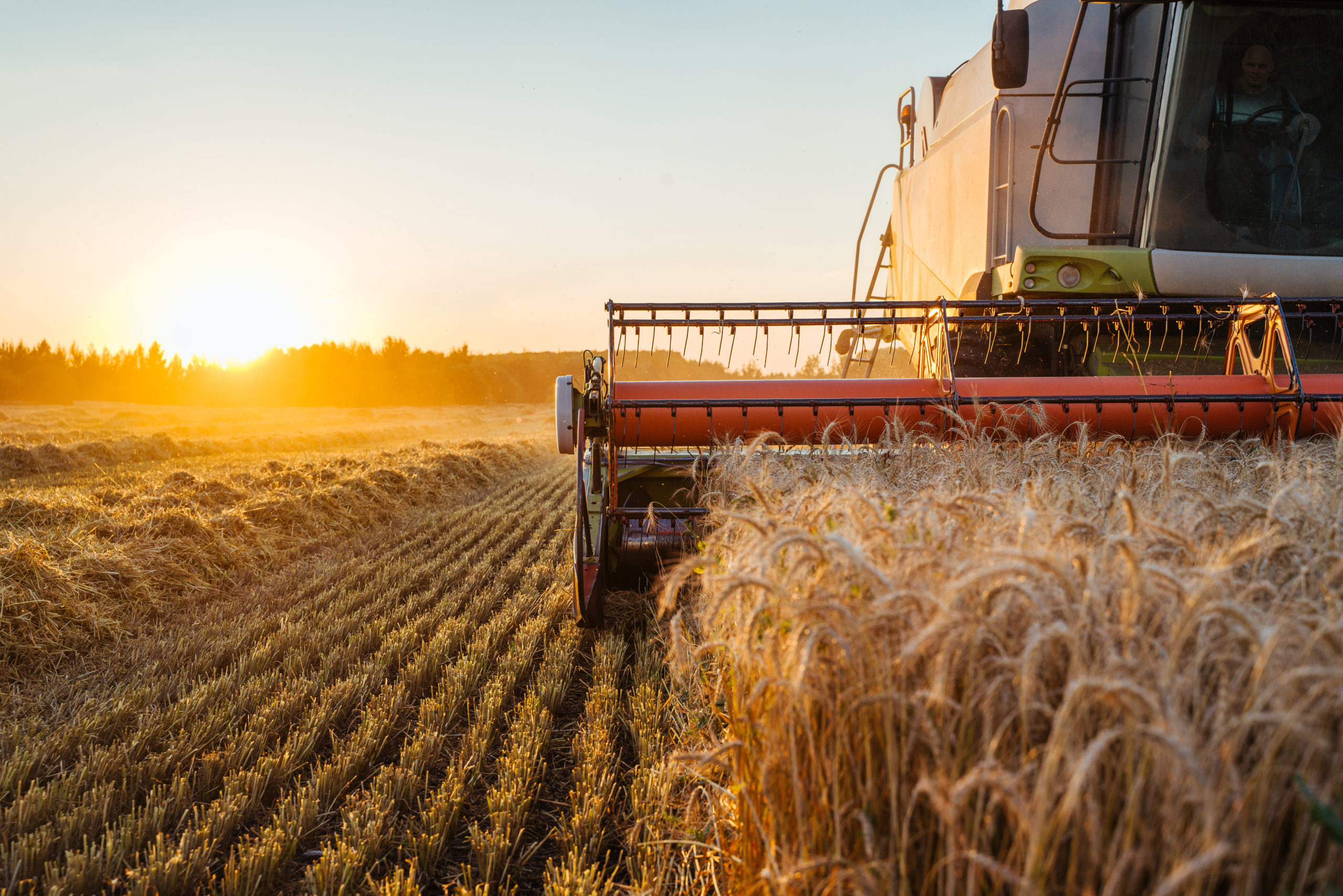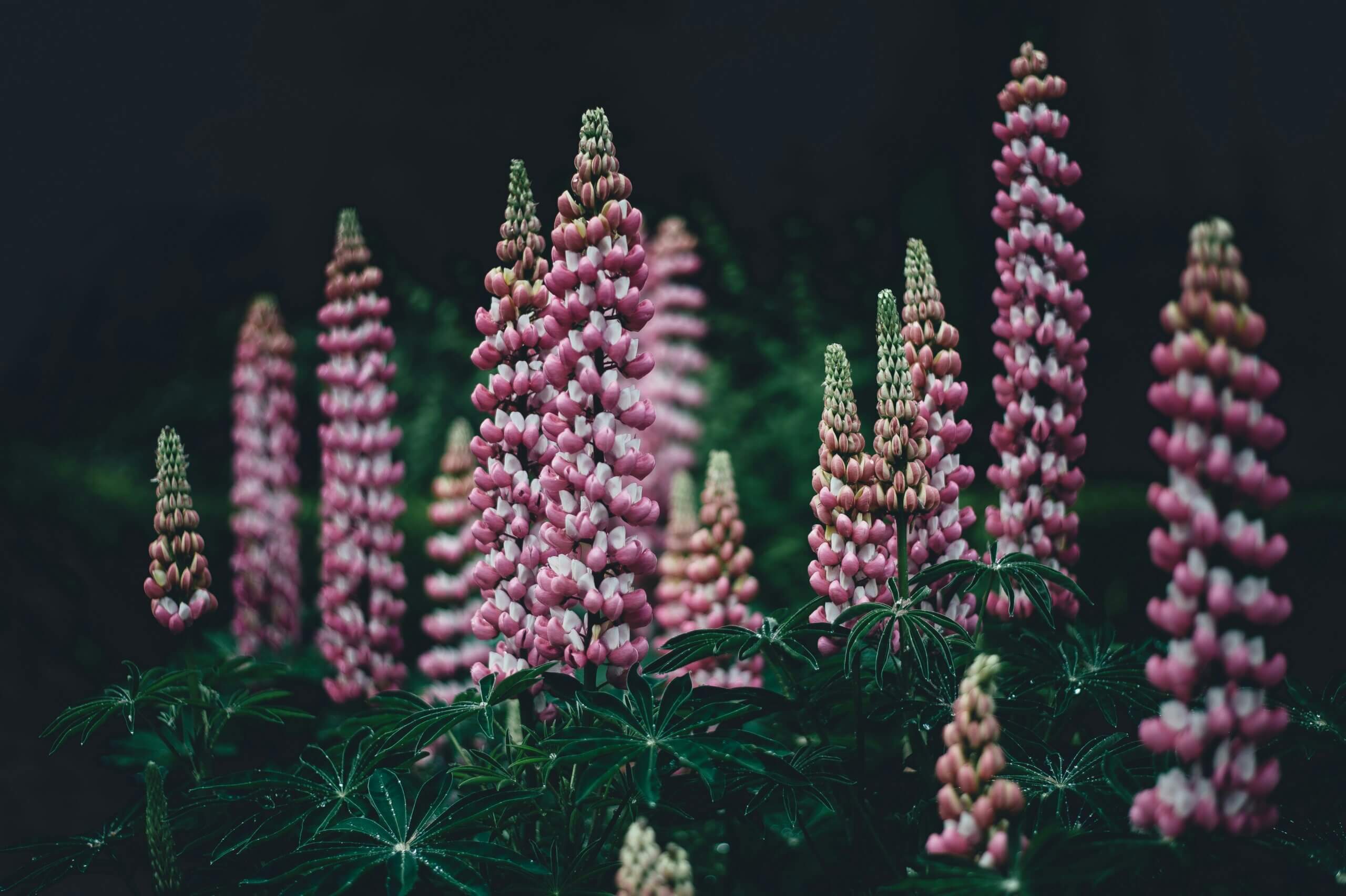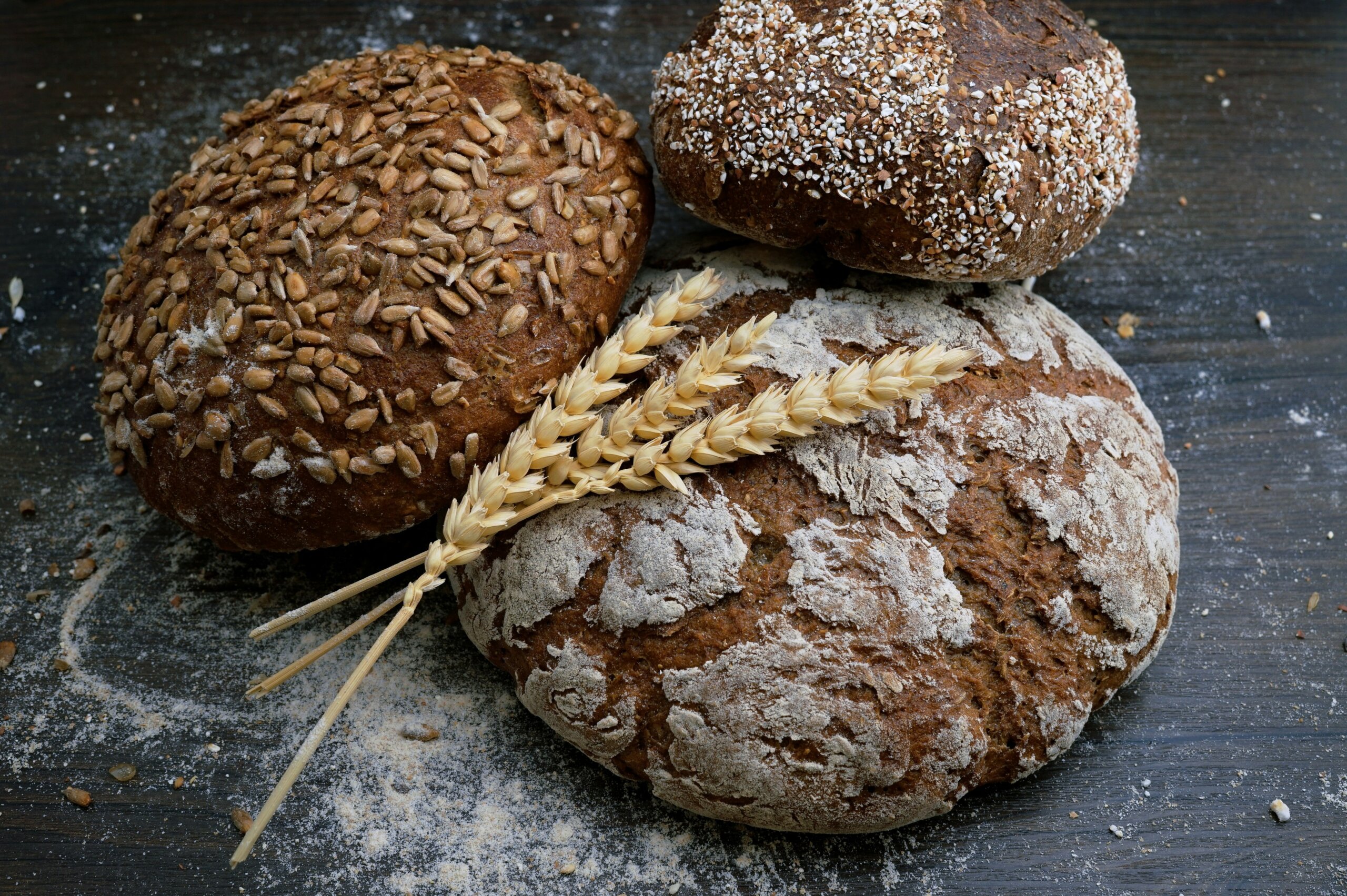
Thai Jasmine rice is becoming a favorite around the globe gastronomy with its delicate taste and subtle floral aroma. Thailands agricultural regions offer the perfect environment, where there is pure fresh air and clean water.
Thai rice exports in 2020 are forecast to decline to their lowest levels since 2013 due to severe drought that has tightened supplies and raised prices. The drought was the second most severe in a decade and particularly affected the off-season rice production which is heavily dependent on reservoirs depleted by the poor weather conditions.
From January to June, Thailand exported 3.14 million tonnes of rice, about a third less than the same period last year, the association’s data showed, less than India’s 4.53 million tonnes and the 4.04 million tonnes shipped by Vietnam. This caused the Thai Rice Exporters Association to cut its 2020 rice export forecast from 7.5 to 6.5 million tonnes.
Sales of Thai premium-grade jasmine rice have risen by 63% this year, benefiting from panic-buying in wealthier markets like Singapore, Hong Kong, the United States and Canada.
Transportation cost is a major issue in competition of rice exports, a lot of effort goes into reducing the cost of transportation of agricultural products in the system. There is also considerable focus on research and development of new varieties of rice to serve the needs of the market.
Despite the 2020 decline, Thailand’s exports are expected to rebound in 2021 driven by a crop that is expected to be 2 million tons larger than the 2020 crop.
Thai Rice in the US
Thailand supplies more than 70 percent of the U.S. imported long-grain rice, with its premium jasmine varieties accounting for almost all its whole-kernel rice shipments to the United States.
The US production forecast for 2020/21 is approximately 218.1 million hundredweight. Production is up 18 percent from 2019/20. Estimate imports for this season are 36.0 million cwt, which will be a record if achieved. The 2020/21 export forecast was lowered 1.0 million cwt to 97.0 million cwt due to expectations of continued strong competition from South American suppliers.
TradeLink Sourcing
TradeLink has a professional team supervising the process in cultivation, use of chemicals such as fertilizer and pesticides, solving technical difficulties that arise, at the same time safeguarding the health condition of the farmers.
Our farmers are continually improving soil quality by using soil analysis system, ensures water safety, and reduces the use of pesticides to guarantee the safety of the rice as much as possible.
We also have pest monitoring systems in the rice fields, checks the field condition regularly, and estimates harvest time., as well as improving life quality are the goals of the project.
ReadMore on Jasmine Rice here, and view our range of rice here!
[su_button url=”https://www.facebook.com/tradelinksainternational/?view_public_for=105757601162821″ target=”blank” style=”flat” size=”5″ icon=”icon: facebook-f” text_shadow=”0px 0px 0px #000000″] [/su_button] [su_button url=”https://www.linkedin.com/company/tradelink-sa/?viewAsMember=true” target=”blank” style=”flat” size=”5″ icon=”icon: linkedin” text_shadow=”0px 0px 0px #000000″] [/su_button] [su_button url=”https://www.instagram.com/tradelinknz/” target=”blank” style=”flat” size=”5″ icon=”icon: instagram” text_shadow=”0px 0px 0px #000000″] [/su_button] [su_button url=”https://www.youtube.com/channel/UCewEsyFy0Y_1MdjwhsXvT0w” target=”blank” style=”flat” size=”5″ icon=”icon: youtube” text_shadow=”0px 0px 0px #000000″] [/su_button]
[su_youtube_advanced url=”https://www.youtube.com/watch?v=LCEkNZdMi04″ height=”200″ responsive=”no” fs=”no”]


